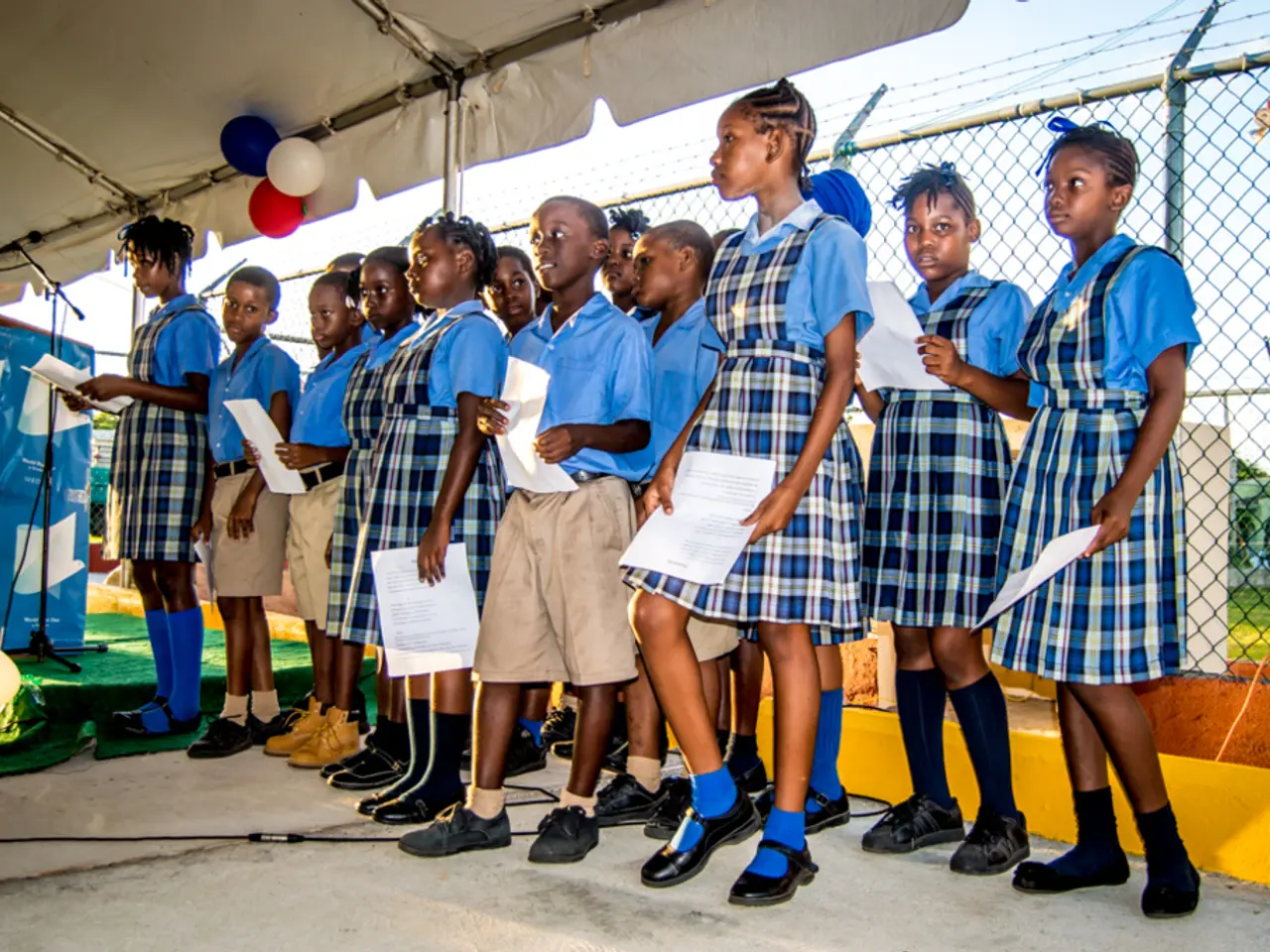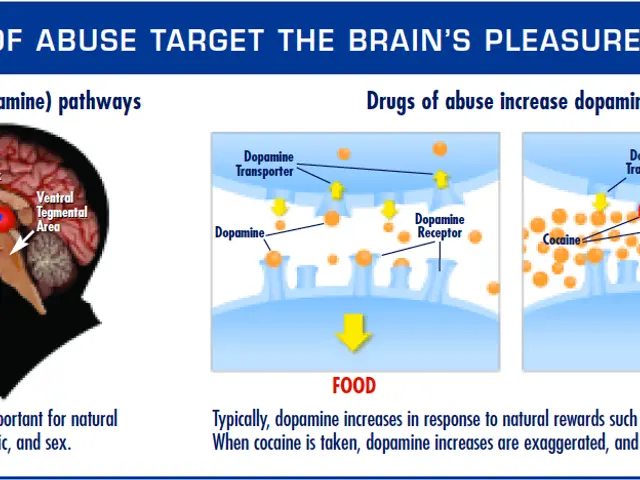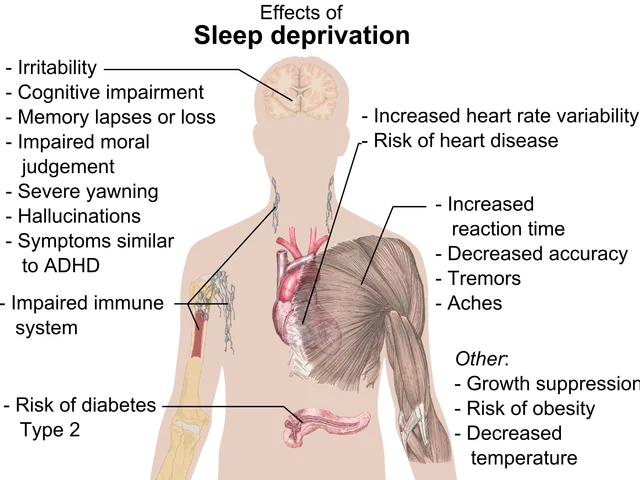Ghana Education Service Trains Teachers to Spot Student Mental Health Issues
The Ghana Education Service (GES) has initiated a crucial training program for teachers to identify signs of distress among students and refer them for psychosocial support. This move comes amidst growing concerns about adolescent mental health, with suicide remaining one of the leading causes of death among this age group globally and in Ghana.
The training aims to equip teachers with the skills to recognize early signs of mental health issues, such as depression, anxiety, and emotional distress. These can be triggered by various factors, including family conflict, stigmatization, sexual abuse, teenage pregnancy, chronic illness, and academic stress. By fostering safe, inclusive, and friendly school environments, the GES hopes to promote psychosocial well-being among adolescents.
To manage mental illness effectively, stronger collaboration between schools, families, and community health systems is essential. This holistic approach acknowledges the interconnected nature of mental health and its impact on various aspects of a young person's life. Good mental health enables adolescents to learn effectively, work productively, and make informed decisions about their sexual and reproductive health, including HIV prevention.
Building adolescents' psychosocial skills, such as self-awareness, stress management, empathy, and non-violent conflict resolution, is also a key focus. These skills empower young people to make responsible life choices and resist risky behaviours. Teachers and parents are encouraged to treat adolescents as resources to be nurtured, rather than problems to be fixed, and to avoid stigmatizing them.
The GES's initiative highlights the urgent need to address adolescent mental health as a growing public health concern. By investing in training and collaboration, the GES, along with other stakeholders, is working to create a supportive environment where Ghana's young people can thrive, both academically and personally.







